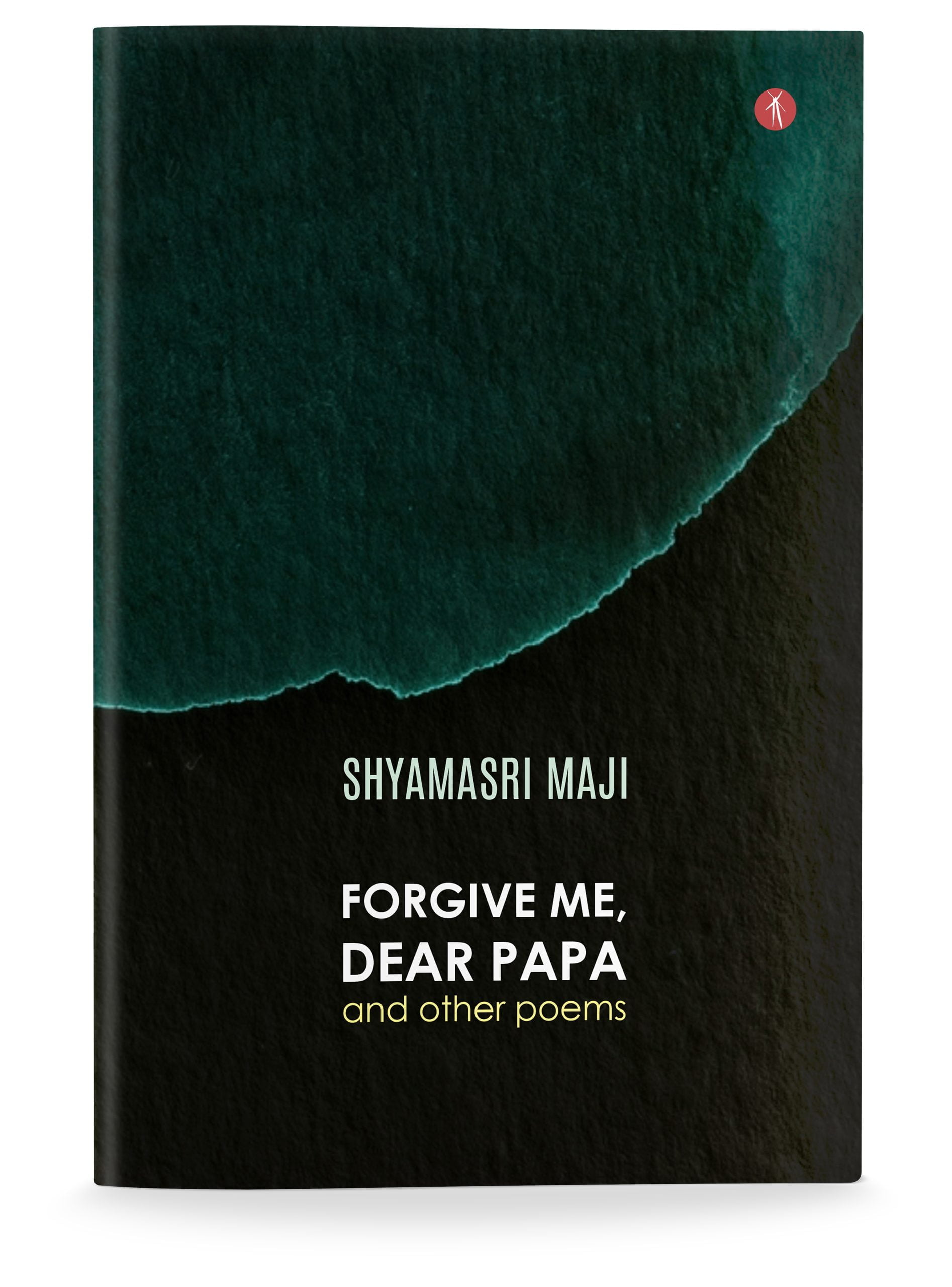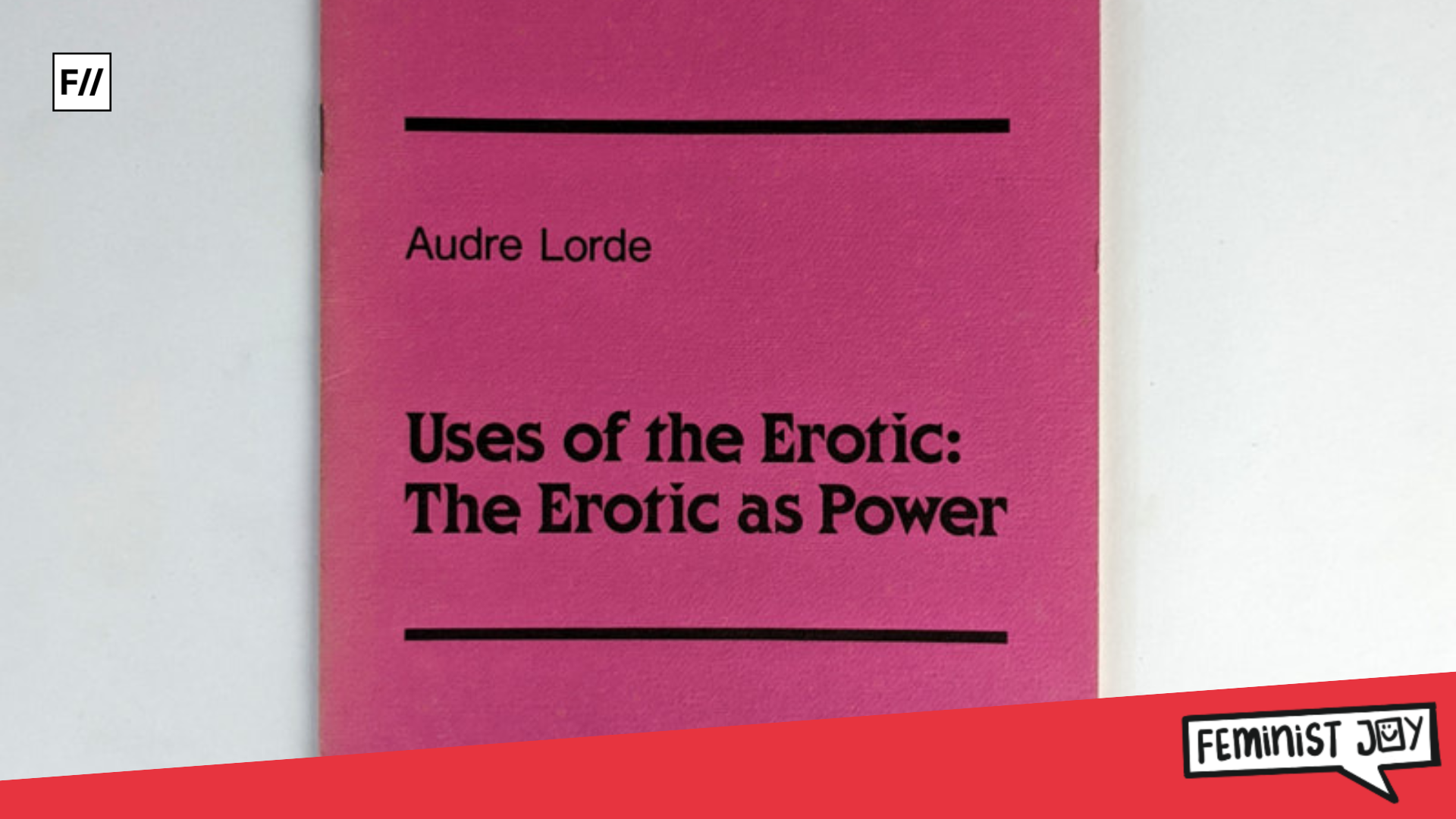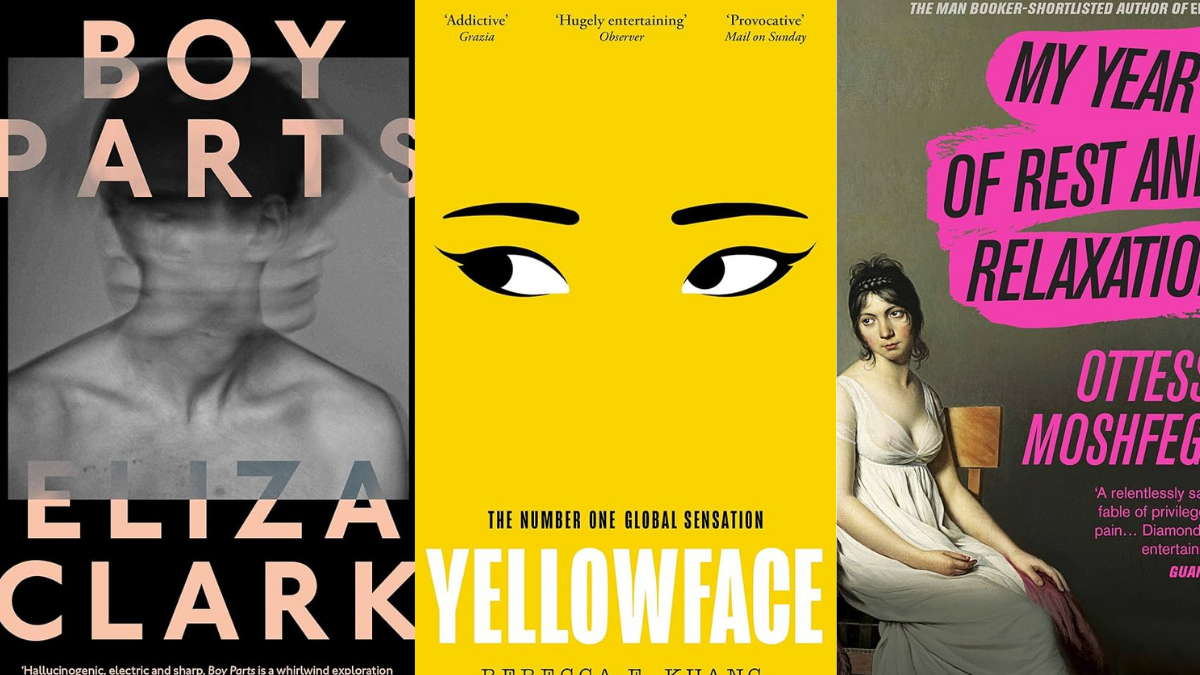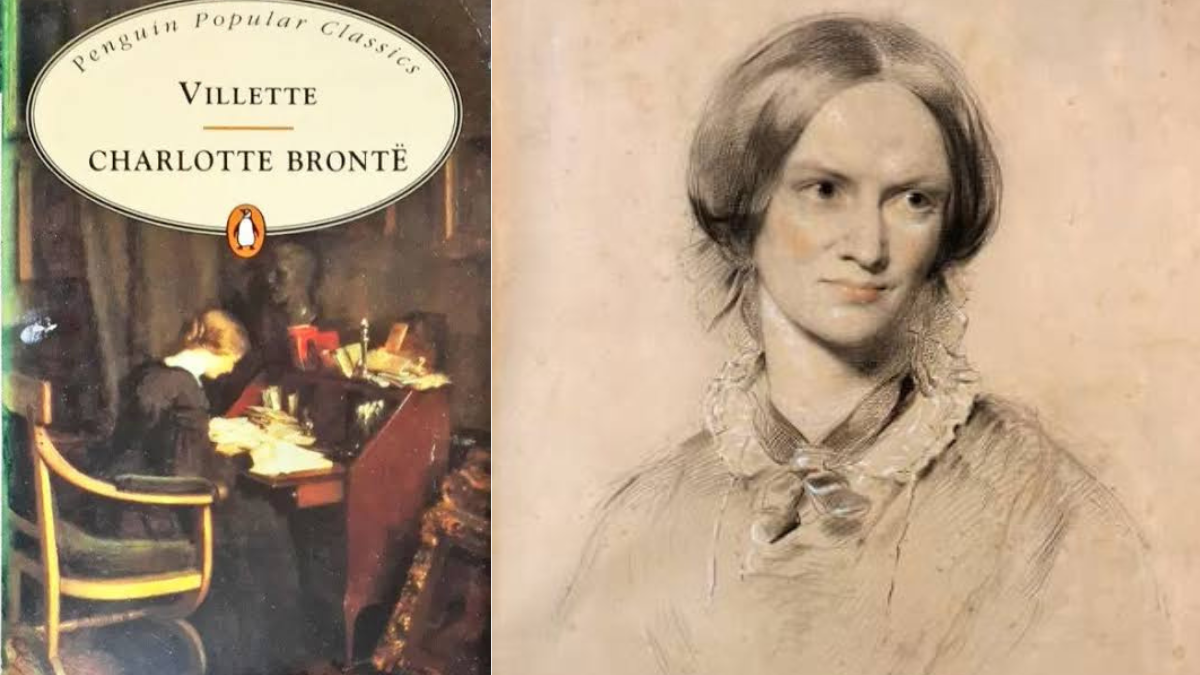The identity of women often contains a fragmented amalgamation of societal expectations. In her latest collection of poems, Forgive Me, Dear Papa and other poems, Shyamasri Maji explores the multifaceted positioning of women in society. The collection features a diverse range of poems exploring interpersonal relationships including parental and romantic, beauty standards for women, the COVID-19 lockdown and nature motifs.
The collection features a diverse range of poems exploring interpersonal relationships including parental and romantic, beauty standards for women, the COVID-19 lockdown and nature motifs.
Dedicated to her ‘incurably romantic self’, the book draws on Maji’s personal observations and societal position as detailed by her in the introduction. While the introduction’s attempt to categorise the poems may impose a certain authorial lens, the poems themselves, in their universality and frankness, remain highly relatable for all readers and especially, Indian women. Maji says, ‘My debut collection of poems will provide food for thought to readers, who are keen on observing a woman’s radical views on the hierarchies in our society.’
Societal expectations and personal battles: a dive into Shyamasri Maji’s Forgive Me, Dear Papa and other poems
The book begins with the eponymous poem, ‘Forgive Me, Dear Papa’ which details the struggle a father encounters while digesting the fact that his daughter would remain single by choice. In a society where much importance is given on marriage after a certain age, this poem resonates beautifully in capturing the subtle tensions and moments an unconventional decision can create. The poet persona compares herself to a cancerous mole under her father’s eyes and is culturally relevant like the ‘age-defying men’ of Bollywood.

For men, it is far easier to make such decisions, it is even seen as desirable and admirable and yet, an unmarried woman of “marriageable” age is an eye sore. It also becomes the burden of the other women in the family, especially the mother who has to listen to the father’s complaints and is burdened with the duty to make sure conventions and traditions are followed (‘her sarees grumble in a trunk of tin’). It is a powerful start on a very relatable topic that will make you at once curious about what more is to come. The daughter’s relationship with the father is an overarching theme in the book that Maji returns to through other poems as well, such as ‘Daddy’s Girl’ and ‘Happy Father’s Day.’
Nature motifs are plenty in the collection and have been used as metaphor for the self like in ‘Mind-Tree’, or to highlight fond and intimate memories like in ‘The Album of Our Seasons’. Maji’s use of nature is varied but bound by the similarity in that it accentuates the intimate connection and reflective moments that women frequently encounter in relation to the natural world. She also says it plays ‘the role of a mediator between the narrator and the world.’ Poems like ‘Dating Online’ and ‘The Breakup‘ portray dating in the modern era with relatable and frank imagery like ‘with 4G speed, 160 kilometres on Skype’ and ‘neon-lit chambers of Cupid Apps’.
In yet other poems, like ‘The Psoriasis Girl (Four Poems)’ and ‘My Mottled Skin’, Maji grapples with the pressure that beauty standards put on women and the harm that it causes to one’s self-image. Confidence is reflected in ‘Backless Blouse’ where the poet persona is finally bold enough to don a backless blouse which had long been her wish. These feel particularly personal as Maji stated in her introduction that they are rooted in her battle with dermatological issues. By naming conditions like Psoriasis and Alopecia, she also draws a stark and more personal connection with the reader, without going over impersonal and vague metaphors. She acknowledges the issues by naming them. Moreover, the honest tone and spartan language of the poems feel easy to relate to and remember.

The COVID-19 lockdown finds place in the collection as well through poems like ‘Lockdown’, and ‘Social Distancing’. Like Maji mentions in her introduction, they do not just explore the pragmatic and physical realities of a deadly disease and its aftermath but rather, the impact it had on ‘our attitude towards loneliness, friendship, self-centredness, social exclusion and communal differences.’ It is a frank and spartan outlook that evokes remembrances of one’s own experiences, and makes you think about these aspects with respect to your own circumstances.
Although the book largely focuses on the daughter’s relationship with the father, ‘Maa’ is a poignant portrayal of a woman’s relationship with her mother. Not only does it outline the poet’s personal relationship with their mother but addresses the long line of generational connection and trauma that women have to face, carry and pass down.
Maji’s collection masterfully navigates the realms of everyday themes with a distinct desi touch, creating a collection that is both relatable and uniquely enchanting.
This piece serves as a raw and authentic ode to the strength found in the silent battles and victories that define the intricate dance between mothers and daughters. It’s a genuine reflection on the shared journey of womanhood, capturing the essence of generations entwined in a universal narrative of love, pain, and enduring bonds.
In search of resonance
Maji’s collection masterfully navigates the realms of everyday themes with a distinct desi touch, creating a collection that is both relatable and uniquely enchanting. The infusion of nature imagery reminiscent of romantic poetry adds a layer of timeless beauty as well. Maji skillfully incorporates the power of memory, intertwining personal anecdotes and experiences, creating a tapestry that resonates not only with her own journey but with a wider audience as well, and across a wide range of themes. Reading the collection feels nostalgic and relatable.
However, amidst the brilliance of these elements, the book occasionally falters in maintaining a consistently engaging narrative. While the verses draw inspiration from profound moments and universal emotions, there are instances where the reader may find themselves disconnected, longing for a stronger thread to wade through the poems. The diversity in theme is refreshing but can also feel overwhelming at times. Despite this, the book stands as a commendable exploration of the ordinary and extraordinary, blending the familiar and the personal. This makes it worth a read.
About the author(s)
Sudarshana Ganguly is currently pursuing a Bachelors in English from Jadavpur University. When she’s not procrastinating or falling victim to impulse retail therapy, she can be found learning new languages, fangirling over her favourite kpop acts and daydreaming about herself as a future magazine editor. She is passionate about fashion, especially about how it can be made more sustainable and inclusive.






